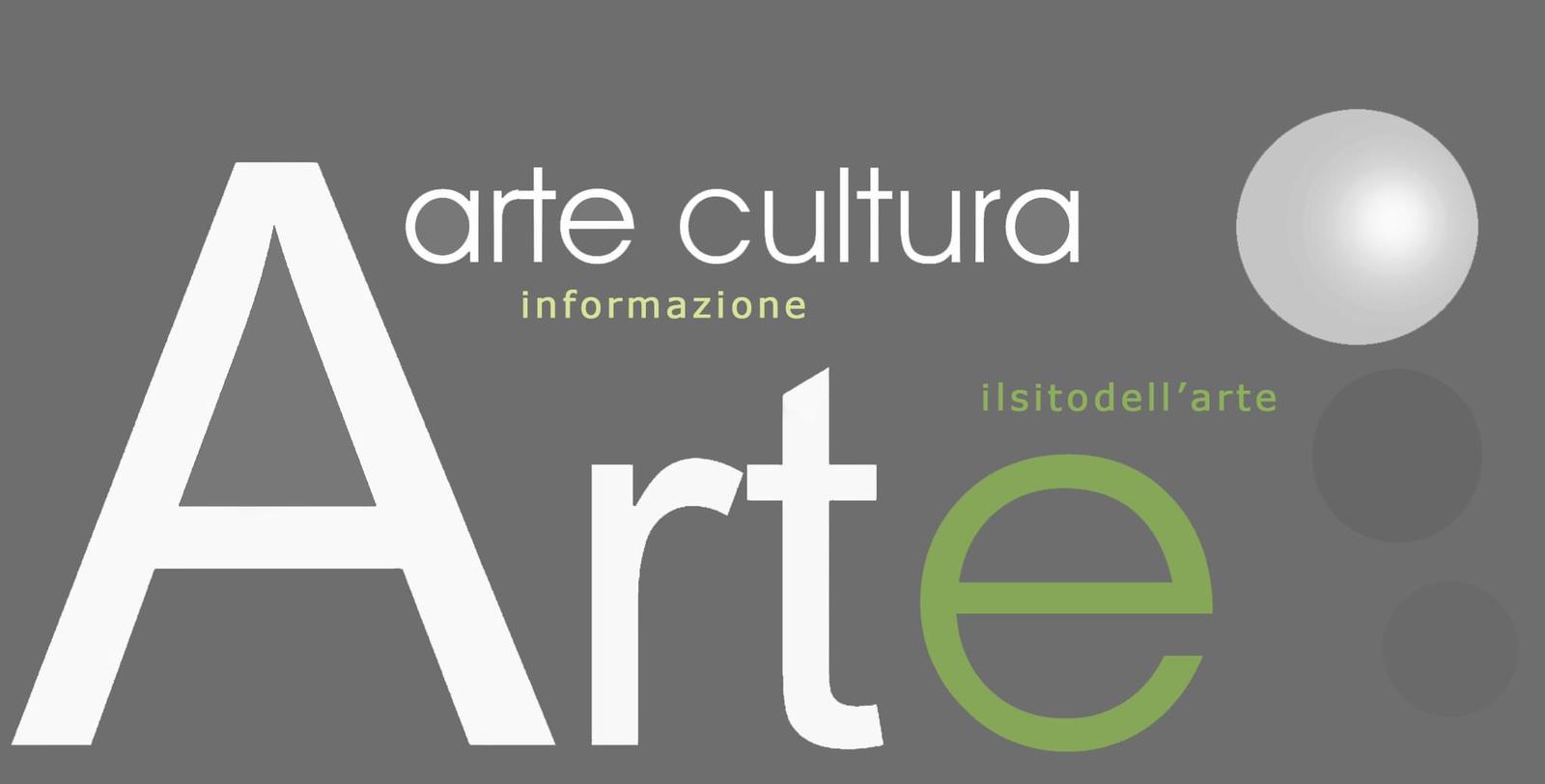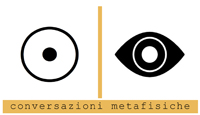Galleria Tiziana Di Caro presents Scrivere non è descrivere [Writing Is Not Describing], the first solo exhibition at the gallery featuring Tomaso Binga (aka Bianca Pucciarelli Menna, Salerno, 1931), opening Thursday, September 24, 2015, at 7:00 p.m. The exhibition includes the artist’s most significant works and performances from the 70s, such as “Scrittura Vivente” [Living Writing], “Dattilocodice” [Typocode] and “Ti scrivo solo di domenica” [I Write To You Only On Sundays].
Tomaso Binga is the artist’s pseudonym, taken to challenge the privileges of the male world with irony and displacement. She deals with verbal-visual writing and is among the leading figures of Italian phonetic-sound-performance poetry. Since 1971, the practice of art as writing is at the center of her research. Hers is a “desemantized” writing, closely associated with action and social issues. Her work often strongly challenges space, as in the works of the “Scrittura Vivente” series, in which silhouettes of her naked body mimic the letters of the alphabet (1976), and the “Dattilocodice” series (1978), where typewriter graphemes, imprinted overlapping, take on a new iconicity. The exhibition will include works starting from the early seventies, up to those in which the typecodes are associated with drawings, poetic verses and collages, including some of the works presented at the 1978 Venice Biennale.
But it is especially in the poetic-performative work “Ti scrivo solo di domenica” (1977), created over a whole year by sending 52 letters to a friend (her alter ego) on Sundays only, that all of Binga’s creative power explodes, where the signifier and signified intertwine and alternate in a continuous and controlled prevarication game, aiming at overcoming the tragedy of everyday life with irony, criticism and desecration.
At 9:00 p.m. there will be the performance in which Tomaso Binga will read the letters from the work “Ti scrivo solo di domenica”.
This exhibition, whose title is a line borrowed from a typecode, is the first of a series that aims at describing the various phases of the artist’s production starting from the seventies, i.e. since the outlining of the main guidelines that made Tomaso Binga an artist central to our culture.
Tomaso Binga was born in Salerno in 1931. She lives and works in Rome.
She was a Professor of Theory and Method of Mass Media at the Academy of Fine Arts in Frosinone. An active cultural organizer, she has directed since 1974 the cultural association “Lavatoio Contumaciale” in Rome, and since 1992 has taken part, as vice president, in the management of the “Filiberto Menna” Foundation in Salerno.
She has participated in exhibitions, festivals and performances in Italy and abroad, among which (selection): “Magma” curated by Romana Loda, Museo di Castelvecchio Verona (1974); “Materializzazione del linguaggio” curated by Mirella Bentivoglio, Biennale Venezia (1978); XIV Biennale di São Paulo do Brasil (1981); XI Quadriennale di Roma (1986); “Poesia Totale”, Palazzo della Ragione, Mantova (1998); “Polysonneries” Festival International d’Art Vivant, Lyon (1999); VII Congresso Internazionale Art Media, Università di Salerno (1999); “Bunker poetico”, Biennale Venezia (2001); “Autoritratto di un matrimonio”, Museo Laboratorio Università La Sapienza Roma (2005); Fondazione J. Klemm, solo exhibition curated by Carlo Espartaco, Buenos Aires (2006); “Viaggio nella parola” curated by Bruno Corà, La Spezia (2007); “Art Action” VI Festival Internazionale curated by Nicola Frangione, Mantova, (2008); “La Parola mostra il suo Corpo forme della Verbo Visualità contemporanea”, curated by Adriano Accattino, Ivrea (2008); “Sogno uno mondo ch’è maschile trasformarsi al femminile” curated by Angela Tecce, Museo S. Elmo, Napoli (2012); “Per-formare una collezione”, curated by Alessandro Rabottini, Eugenio Viola, Museo Madre, Napoli (2013); “Anni ‘70/Arte a Roma”, Palazzo delle Esposizioni (2013); Giornata Mondiale per la Poesia, Accademia d’Ungheria e Casa delle Letterature, 2014; “Zitta Tu …non parlare!!!” Sala Santa Rita, Roma, 2014.
Among her publications: “INdovina cos’È” , preface of Cesare Milanese Ed. Hetea, Alatri, (1987), “Sono stanca a più non posso” Rossi & Spera Editori, Roma, (1987), “Rimerotiche”, introduced from Lina Wertmuller, Edizioni Gradiva, Roma, (1992), “Vorrei essere un vigile urbano” preface of Arrigo Lora Totino, Umberto Sala Editore, Pescara, (1995), “Autori-tratto a … scatto” preface of Marie-Claude Vettraino-Soulard, Edizioni Le impronte degli uccelli, Roma, (2000), “Come Cometa. Poesia in contumacia”, preface of Aldo Mastropasqua, Edizioni Il Filo, Roma (2003),”Valore Vaginale” preface of Gillo Dorfles, Edizione Tracce, Pescara (2009); “Raccontini demenziali”, preface of Lidia Pucciarelli, Edizione Lidia, Roma (2012).
Her works are included in many poetry collections and art books, among which (selection): “Storia dell’arte italiana del ‘900”, curated by Giorgio Di Genova (2000), “La voce in movimento” (2003), “Il Suono e Le Parole” (2006), “La Voce Regina” (2006), “Almanacco” (2007), “Poesia a Comizio” (2008), “Inverse 2008-2009 Italian Poetry in Translation” (2008 – 2009), “Poesia Visiva, la donazione di Mirella Bentivoglio, al Mart” (2011), “Vitaldo Conte-Pulsional Gender Art” (2011), Centrosei Storia di una Galleria (2012), “Arte Fotografia e Femminismo negli Anni ‘70”, Raffaella Perna (2013); “Crispolti e il Centro Di Sarro avvio e sviluppo di una ricerca 1982/85” curated by Emanuele Rinaldo Moschini (2013), “L’Avanguardia in Ah! Ah! Ah!” curated by Plinio Perilli, Dedalus (2014), “Scritture Viventi” curated by Antonello Tolve e Stefania Zuliani, (2014); “Performance Art, percorsi e protagonisti dell’Art Action Italiana”, curated by Giovanni Fontana, Nicola Frangione e Roberto Rossini (2015).
Dal 24 settembre al 5 dicembre 2015
Tomaso Binga, Scrivere non è descrivere
Galleria Tiziana Di Caro
Piazzetta Nilo, 7 – 80134, Napoli
Orari: da martedì a sabato, dalle 15.00 alle 20.00 o su appuntamento
Info: info@tizianadicaro.it
Immagine: Tomaso Binga, Ti scrivo solo di domenica (detail), 1977





